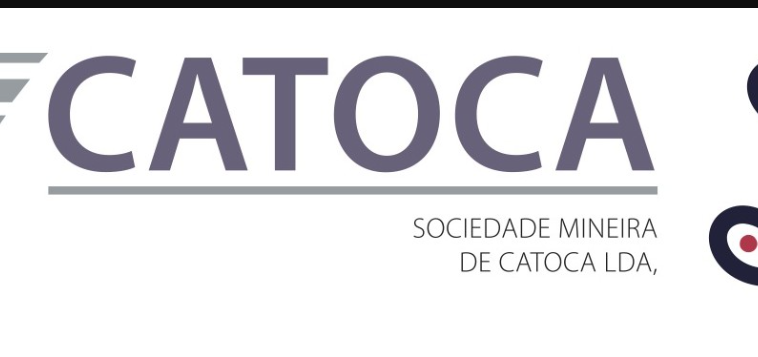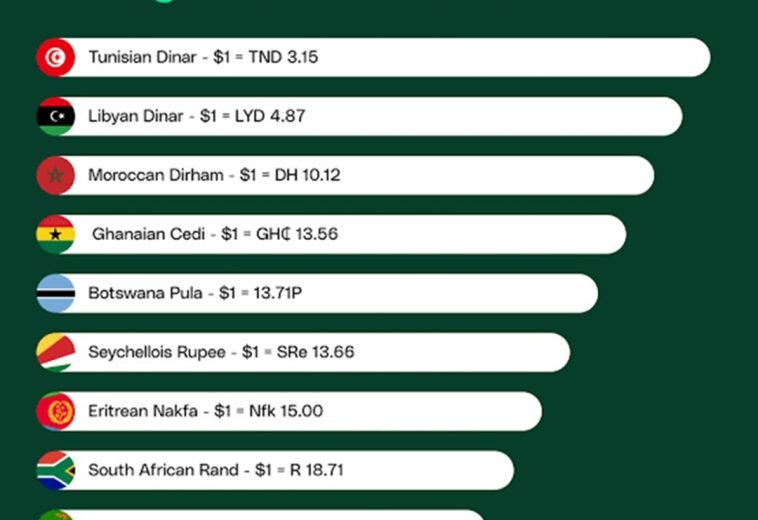Africa’s quest to reduce inequality emerges as one of its most defining narratives. Enshrined in the United Nations’ Sustainable Development Goals (SDGs), Goal 10 aims to address the disparities that hinder economic growth and social cohesion. This ambition is driving a continent-wide commitment to bridge gaps in income, access, and opportunities, with tangible progress emerging in key areas.
Income Inequality
Income inequality remains one of Africa’s most pressing issues. According to the United Nations Economic Commission for Africa (UNECA), the top 10% of earners in sub-Saharan Africa control over 54% of the region’s wealth, while the bottom 50% hold just 9%. To address this, several countries are implementing progressive taxation, wage reforms, and policies aimed at fostering inclusive economic growth.
READ ALSO: How CSR is Driving the United Nations’ SDGs in Africa
South Africa’s redistributive fiscal policies, for example, have shown promising results. A 2023 report indicated that income transfers reduced poverty among recipients from 32% to 18%. Meanwhile, social entrepreneurship is gaining traction in East Africa, creating jobs and empowering marginalised groups.
Levelling the Playing Field
Access to education, healthcare, and infrastructure is crucial in reducing inequality. Africa’s literacy rates are improving, with countries like Rwanda and Ghana surpassing 90% enrolment rates. The African Union’s Agenda 2063 emphasises the need for equitable access to education as a key pillar of sustainable development.
Healthcare access has also improved in some countries. For instance, Nigeria expanded its National Health Insurance Scheme in 2022 to include informal sector workers, benefiting over 15 million more citizens. These policy-driven efforts show how inclusivity can transform lives.
The Currency of Connection
A key SDG 10 target is to reduce the cost of remittances to below 3%. Despite contributing over $22 billion annually, Africa’s diaspora is often burdened by high transaction fees—sometimes exceeding 8%. However, mobile money platforms in Kenya and Ghana have lowered costs, benefiting families and small businesses alike.
Political Inclusion
Political representation is essential in addressing inequality. Rwanda is a global leader in gender parity, with women holding 61% of parliamentary seats. This model is influencing other African nations, including Ethiopia, where Prime Minister Abiy Ahmed has made strides to increase ethnic minority representation.
Tackling Discrimination
Systemic discrimination, particularly against women, ethnic minorities, and people with disabilities, remains a significant barrier to equality. To address this, African nations are enacting progressive legal frameworks. South Africa’s Promotion of Equality and Prevention of Unfair Discrimination Act has been crucial in addressing societal biases, while Kenya’s 2022 Disability Act mandates greater accessibility in public spaces.
Global Partnerships
Reducing inequality in Africa requires not only domestic efforts but also international support. The Global Partnership for Sustainable Development has invested heavily in Africa-focused programmes. Between 2020 and 2023, donors allocated £6 billion to initiatives aimed at reducing inequality, with significant portions dedicated to education and healthcare.
The Road Ahead
While progress is undeniable, Africa’s journey toward achieving SDG 10 remains complex. Challenges such as corruption, limited funding, and geopolitical instability often slow the pace of reform. Yet, hope persists in the form of grassroots movements, innovative policies, and a growing cadre of leaders dedicated to inclusive development.
As the continent inches closer to 2030, the vision of a more equitable Africa, where no one is left behind, serves as a rallying cry. Achieving SDG 10 is not merely a target but a testament to Africa’s unyielding spirit to redefine its narrative on its own terms. As Nelson Mandela said, “Overcoming poverty is not a gesture of charity; it is an act of justice.” The same can be said for overcoming inequality, a battle worth fighting, a future worth forging.




